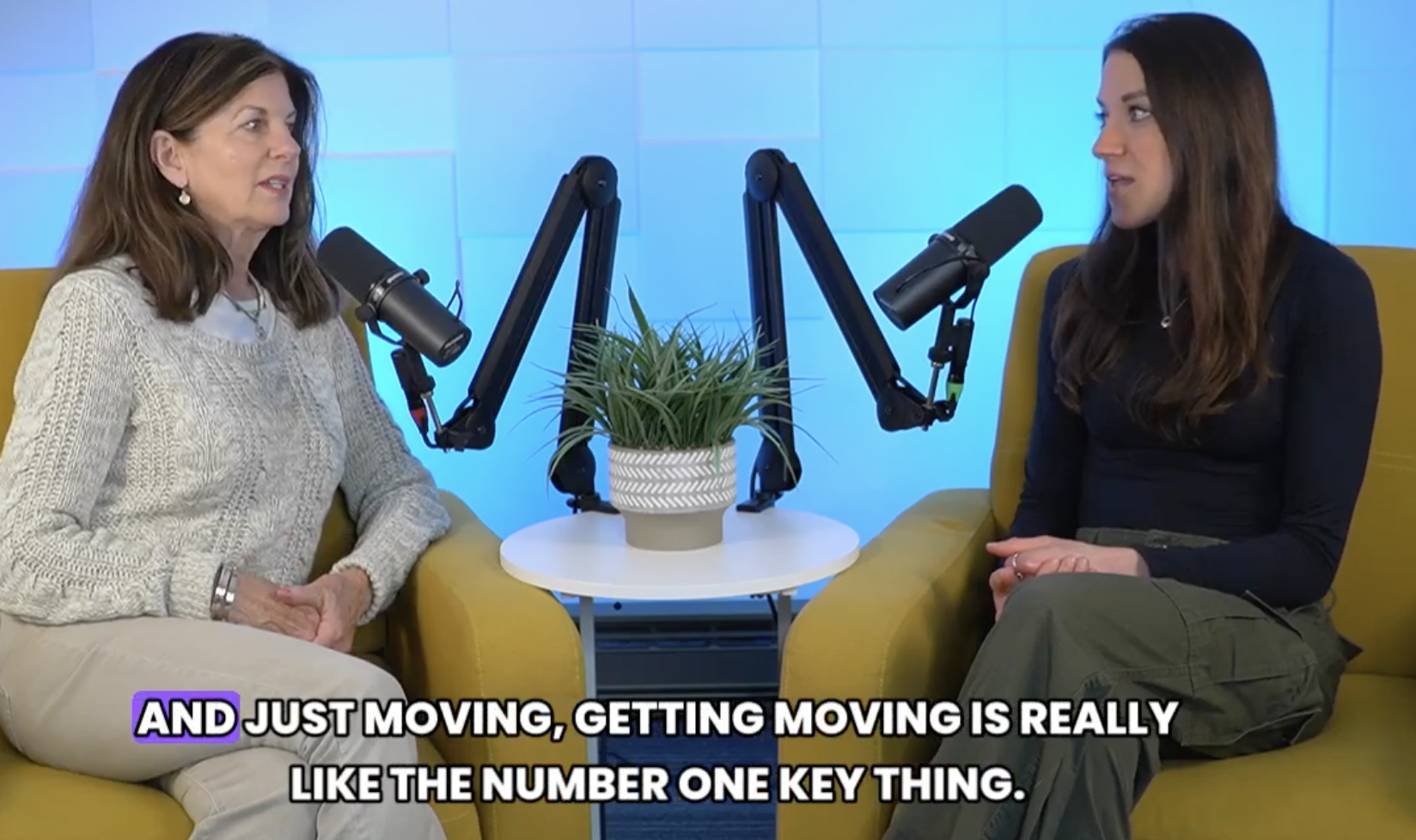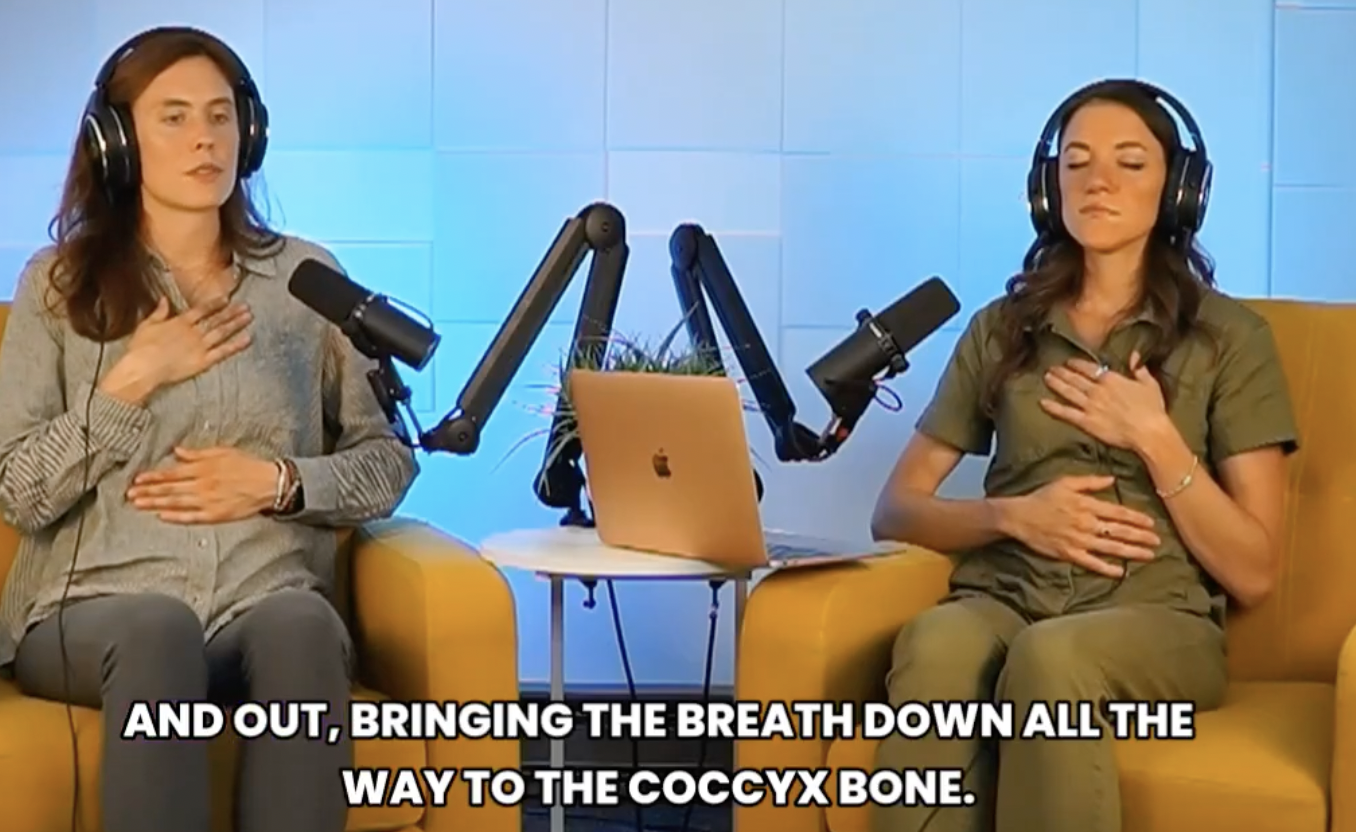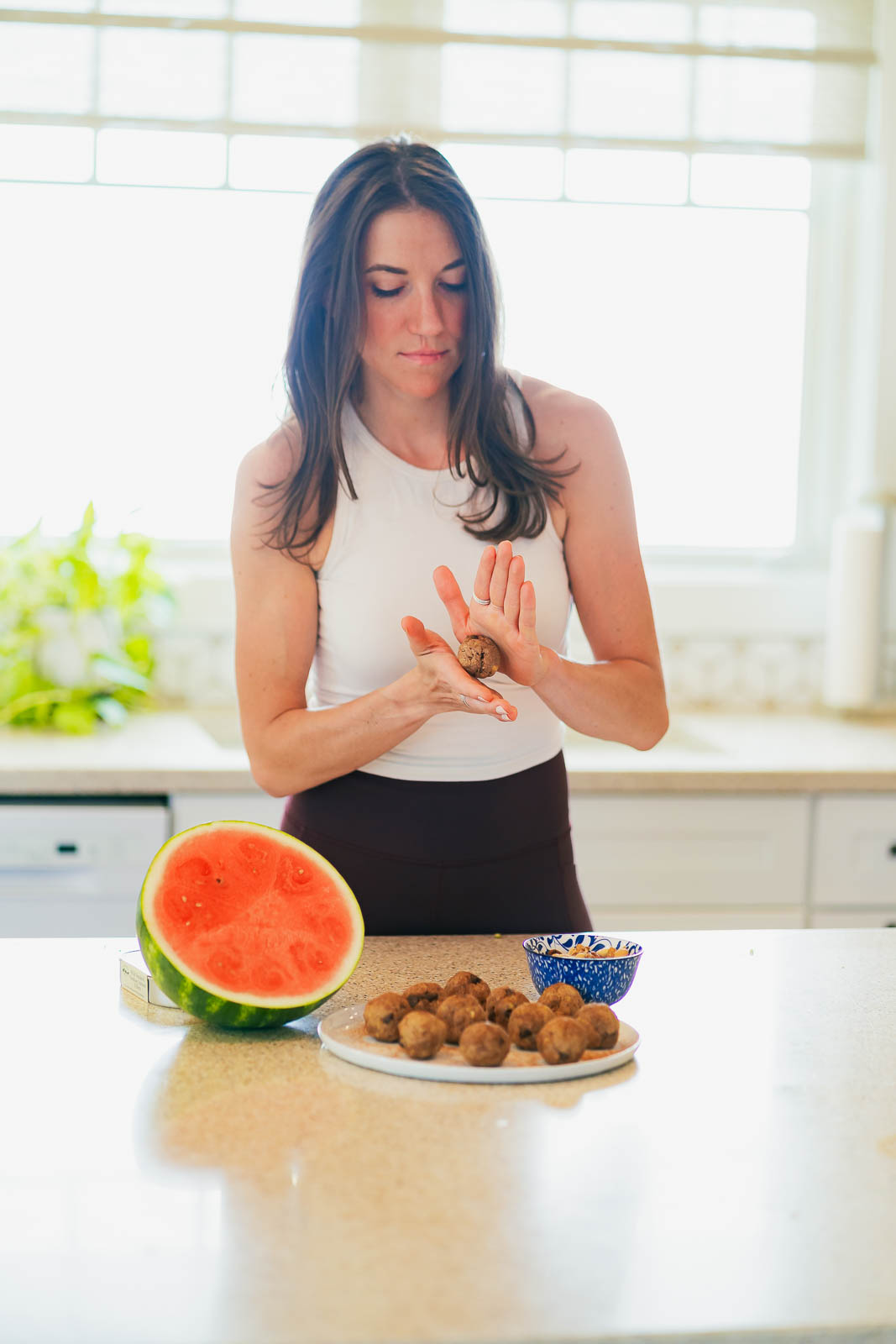Beyond the Burn: Podcast with a PT
A summary of the podcast episode interviewing a physical therapy colleague, Beverly Benfer. We discuss the multi-dimensional aspects of lifestyle that create optimal health, and explore deeper into the areas of: nutrition, movement, sleep, stress/relaxation, and connection.

Listen to our conversation on YouTube or Spotify!
Health: More than Movement
I recently interviewed my fellow physical therapist colleague and dear friend, Beverly, who is also a physical therapist and with a background in nutrition, as a holistic health coach. Together, we discussed health from the lens of the 5 major lifestyle factors that we have control over in our daily lives. Some of my favorite snippets from our conversation are outlined below, and if you want to hear more, I’ve linked the full podcast episode on my YouTube channel, as well as on Spotify podcasts, under 'The Restore Lab' .
Let’s recall the 5 major lifestyle areas that we have control of, which in combination either lead toward or away from health depending on our daily habits:
Movement/Physical Activity
- You have to start somewhere. Truly just getting moving is the hardest part, and moving with consistency is the best thing you can do for cardiovascular health, as well as metabolic health.
- Walking for 10 minutes after meals helps improve blood sugar regulation.
- Resistance training as we get older gets more important to prevent sarcopenia (age-related muscle loss). Use a personal trainer or physical therapist to get started.
- Ideally, in a perfect world, we’d do a combination of:
- Aerobic exercise/steady state cardio
- Ex. jogging, biking, fast walking, swimming, Zumba, rowing
- Strength and resistance training
- Ex. body weight training, lifting free weights, dumbbells, machines
- Flexibility and stretching
- Ex. stretching, yoga
- Doing each a few times a week helps with cross-training, and reducing risk for injury due to overtraining.
- Aerobic exercise/steady state cardio
Nutrition
- In the podcast episode, we debunk myths, such as:
- Eggs being bad for you, food as the only culprit to your high cholesterol, eating fat making us fat, less calories always leads to less weight, eating healthy is always expensive.
- Hint: all of the above are not true.
- Anti-inflammatory foods to help reduce systemic pain and why:
- SMASH fish, chia seeds, blueberries, green tea, dark leafy greens, pomegranates, deep colorful plant foods
- Freeze-dried strawberries and blueberries to reduce arthritis pain based on research studies
- Considerations when taking supplements and which third party lab test labels to look for (USP, NSF stamps on bottles).
Stress and Relaxation
- We can’t expect ourselves to change or start new habits if we’re chronically stressed. If your body thinks it’s running from a tiger- it doesn’t give a crap about eating x amount of protein each day, because it’s just trying to survive.
- Our gut is nicknamed our “second brain” because of the bi-directional connection between the brain and the gut. Psychological stress impacts our gut, which can impact our body systemically since the gut sends signals throughout the body.
- Chronic stress blows through our vitamins and mineral stores, and depletes our micronutrient stores. If we’re not eating or supplementing, we remain depleted.
Sleep
- Poor sleep often leads to increased calorie intake the following day, as our body tries to find “energy” in the form of food, and increased carbohydrate cravings are more common with poor sleep.
- Use of screens and too much blue light prior to bedtime can inhibit the production of melatonin, making it harder to fall and stay asleep.
- The body cleanses and cleans itself overnight, so working on improving sleep is imperative to better health.
- Sleeping better makes all other habit changes easier to stick to.
Relationships/Community
- We are currently living in a loneliness epidemic. Studies show that being lonely is worse for our health than smoking 15 cigarettes a day.
- It’s easier to make changes when you have an accountability buddy doing it with you (ex. workout partner!)
- Your relationship with yourself (the thoughts you tell yourself) and the people you surround yourself with are all more important than we give them credit for.
These are the types of factors we explore within individual functional nutrition sessions. Visit corerestorenutrition.com for details, or sign up for a free discovery call to chat about what may be holding you back from living your best life.
Be Well,
Sara







.avif)
.avif)
.png)
.avif)
.png)









